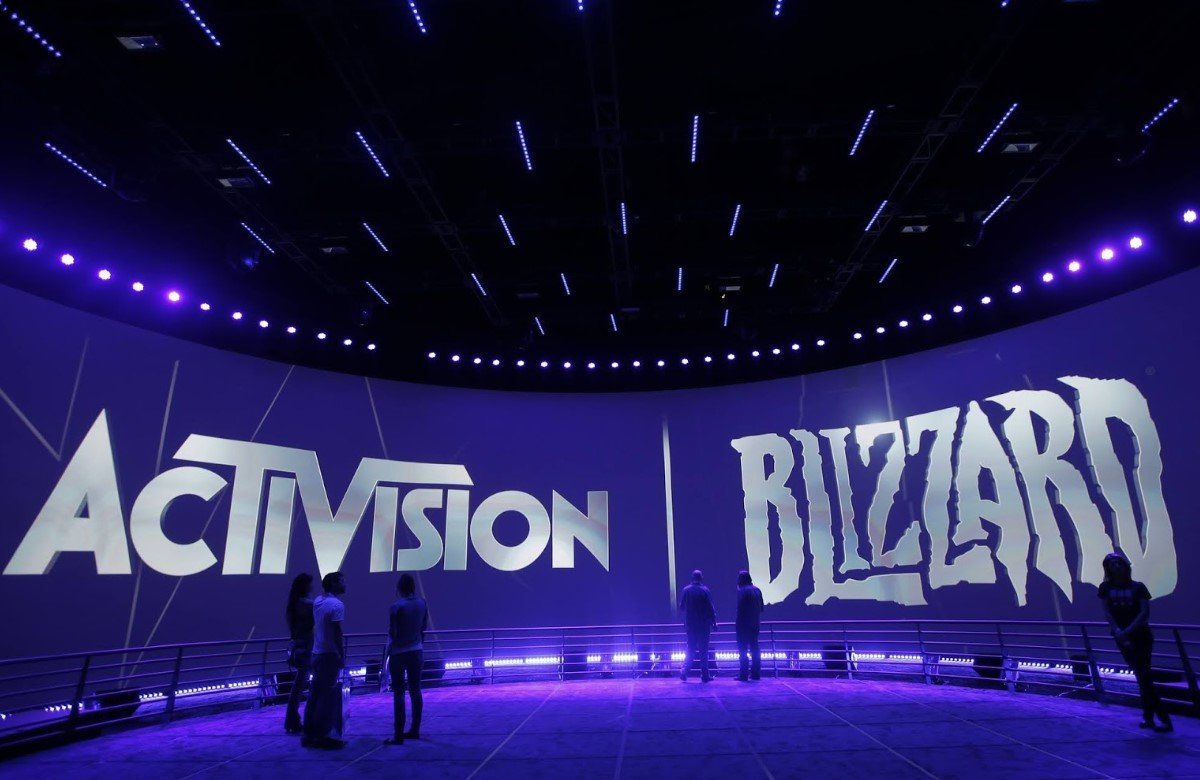Activision Blizzard, the video game giant behind popular titles such as Call of Duty, Overwatch, and World of Warcraft, is being sued by two professional esports players for allegedly monopolizing the market for Call of Duty leagues and tournaments. The plaintiffs, Hector Rodriguez and Seth Abner, are seeking at least $680 million in damages, claiming that the company has violated antitrust laws and exploited the players and teams who participate in its esports leagues.
Activision Blizzard’s Esports Monopoly
According to the lawsuit, filed on Thursday in California federal court, Activision Blizzard has used its “unlawful 100% monopoly” over professional Call of Duty esports to prevent would-be competitors from entering the market, as well as to coerce the market’s other participants to acquiesce to “extortionate financial terms”. The suit alleges that the company has imposed various trade-restraining contractual provisions on the players and teams, such as:
- A $27.5 million entry fee to join the Call of Duty League, a closed league that the company launched in 2019 with 12 permanent teams, modeled after traditional sports leagues.
- A 50% share of the revenue that the teams generate from ticket sales, sponsorships, and other revenue streams, as well as the exclusive right to contract with the most lucrative sponsors and broadcasters.
- A restriction on the players’ ability to earn income from other sources, such as endorsements, streaming, or competing in other Call of Duty leagues or tournaments.
- A “competitive balance tax” that penalized teams for paying players above a certain threshold set by the company.
The lawsuit also accuses Activision Blizzard of acquiring and eliminating its major competitors in the professional Call of Duty market, such as GameStop and Major League Gaming, without any regulatory approval. The suit claims that the company’s monopoly power has enabled it to take an “extortionate share” of the revenue generated by the esports market, leaving the players and teams with “the remaining table scraps” and “all the financial risk”.

The Plaintiffs’ Background and Demands
The plaintiffs are well-known figures in the professional Call of Duty scene. Hector Rodriguez, also known by his gamer tag “H3CZ”, is the founder and president of OpTic Gaming, one of the most successful and popular Call of Duty teams in history. Seth Abner, also known by his gamer tag “Scump”, is a pro player who has been part of OpTic Gaming since 2014 and is the second winningest player in Call of Duty history. The lawsuit states that both plaintiffs have been “instrumental” in the growth and development of the Call of Duty esports market, and have invested “substantial time, money, and effort” into their careers.
The lawsuit seeks at least $680 million in aggregate monetary damages, as well as injunctive relief to prevent Activision Blizzard from continuing its alleged anticompetitive practices. The suit also reserves the right to name as defendants some or all of the entities or individuals who acted as co-conspirators with Activision Blizzard in the alleged offenses, such as the other teams in the Call of Duty League.
Activision Blizzard’s Response and Other Legal Challenges
Activision Blizzard has issued a statement in response to the lawsuit, calling it “meritless” and saying that the plaintiffs demanded “tens of millions of dollars” from the company to avoid litigation. The company said that it will “strongly defend” against the claims, which have “no basis in fact or in law”. The company also expressed its disappointment that the plaintiffs, who are members of the esports community, would bring this suit, which is “disruptive to team owners, players, fans, and partners who have invested so much time and energy into the Call of Duty League’s success”.
This is not the only legal challenge that Activision Blizzard is facing. The company is also being sued by the Federal Trade Commission, which seeks to block its $69 billion acquisition by Microsoft, arguing that the deal would harm competition in the video game industry. The company is also being sued by a shareholder, who alleges that the sale to Microsoft is unfair and not in the best interest of the company. Additionally, the company is being sued by another group of shareholders, who claim that the company was negligent in handling the sexual harassment and discrimination allegations that rocked the company last year, leading to a drop in its share value.


































